One year later: Campus commemorating memories on school closure anniversary
It has been a full calendar year since the last regular day of school at Coppell High School prior to COVID-19’s influence. Coppell ISD is still upholding various coronavirus-related guidelines, such as social distancing and wearing masks.
Three fourths of the way into the 2020-21 school year, Coppell High School art teacher David Bearden’s classroom, E103, holds about five students per class period, out of approximately the 25 enrolled. The usual banter and rustle of supplies in a productive art room no longer sets the room abuzz with creativity the way it used to.
As Bearden refers to it, the context of art itself feels dimmed.
A year ago today, on March 6, 2020, friends, acquaintances, colleagues and classmates walked in and out of E103. They congregated in front of C hall during 10 minute passing periods, filled the commons during lunch, elbowed each other in the pit to get to class and chatted about their plans for spring break.
Thousands of students and Coppell ISD staff walked off of campus that day unaware of the ways their lives would change within the next year – routines, relationships and lifestyles, many completely upended.
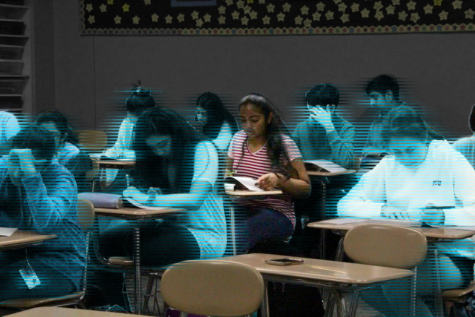
“We had heard about some new virus out there in the world,” Bearden said. “But, ignorantly, as we do a lot of times in this country, it was something ‘over there.’ It was this unknown in another part of the world that surely isn’t going to affect us here. It felt like overnight, it was in our face and school was shutting down and all of these new changes that we couldn’t have predicted. Looking back, I should have paid more attention.”
Today, it will be a year since the last normal day of school at CHS and all other Coppell ISD campuses, prior to closing due to the coronavirus pandemic. In the days after spring break, streets, hallways, stadiums, schools and workplaces were left eerily quiet.
The closures of district campuses were continuously extended, from March 20, to April 19, to May 4, until, eventually, in the wake of prom and graduation cancellations, CHS was closed for the remainder of the 2019-20 school year.
To CHS Principal Laura Springer, greeting students with hugs and smiles has been a vital part of her presence on campus since she returned to CHS last year. But last spring, those interactions ended abruptly.
Springer did not see students until May, at a drive through event for seniors to pick up their ‘class of 2020’ yard signs. She clearly remembers the administration and many teachers lining the car loop in front of the CHS fieldhouse, anticipating the arrival of students.
“When the first kid drove up – I can cry thinking about it – my teachers and I started tearing up and the kids were tearing up,” Springer said. “Seeing all those seniors and realizing they weren’t going to step foot on our campus again and this was how we were saying goodbye was brutal. But it was also a beautiful day, because we got to see so many kids.”
Since September, staff and students have operated within a hybrid learning model. Bearden’s biggest challenge in the new teaching environment has been leading two 3D sculpture classes, whose students lacked necessary materials, such as plaster, at home. But, by delivering supplies and tweaking the curriculum to include alternative materials, Bearden was able to retain the overall sculpting experience.
He hopes that some of these methods, which teachers across campus are utilizing to make the hybrid experience more inclusive, will remain even after all students return to campus.
“Even students who I still haven’t met in person, we still have this virtual relationship, and I realize that they are turning in quality work,” Bearden said. “My fear about next year is once restrictions are lifted and things are safe, we are just going to go back to normal instead of choosing elements that work for certain people. At the end of the day, equity should be our goal, no matter what you teach or at what level.”
But while virtual learning allows for more flexibility, it is not always a student’s first choice on how to be instructed. In the classroom, CHS senior and International Baccalaureate Diploma candidate Sage Newton likes to ask questions. Not always because of a lack of understanding, but because learning through conversation is a crucial part of the school experience for her. It was the component she missed most in her first semester of senior year while virtual.
Though it took time to readjust to carrying conversations and small talk when she returned to CHS in January for in-person school, Newton thinks the most important benefit is being able to turn to teachers and students and ask questions in real-time.
“I’ve never considered myself to be a social person,” Newton said. “But, I’ve realized how much interaction with people in general – teachers, students, friends – really makes a difference in how well you learn and retain information. Even a year from now, I will remember the people that are also in person with me, because we spend so much time together. Especially the IB kids, because we have all of our classes together. If we didn’t hang out every day at school, I probably wouldn’t even know who they are.”
Virtual school required Newton to manage varied responsibilities and her time more precisely. She brought those skills to in-person school and believes the dual experience helps prepare her for college.
“Now that I’m in-person, I’m applying those same techniques I applied when I was virtual and doing 10 times better,” Newton said. “To be honest, I probably wouldn’t get the IB diploma if I had stayed virtual just because I don’t know what’s going on, and I’m either too scared or don’t have the resources to be able to ask questions and get answers in return.”
For CHS junior Arpita Rana, the past year meant personal growth in unexpected areas such as cooking and journaling. In between consistent FaceTime calls and text chains with her friends, she came to the same conclusion as Newton about the value of physical interaction.
“Because we never experienced something like COVID-19, we almost took [in-person learning] for granted,” Rana said. “We never actually thought about our moments all together. When we literally can’t meet together, you understand the importance of even the smallest moments.”
Coppell High School students navigate the main hall during passing period in the 2017-18 school year (left) and on Thursday (right). One year after the last regular day of school at CHS, the community is still upholding various coronavirus-related guidelines, such as social distancing and wearing masks.
In the past year, Rana has visited CHS to pick up supplies from art classrooms. Walking through the cafeteria reminded her of moments after school spent waiting for the buses with her friends, and passing by the staircases in the main hallway sparked memories of chatty passing periods standing near them.
“My friends and I would sit in this one spot during the passing periods to talk, so when I went back to school, all those memories came flooding back,” Rana said. “It was weird not seeing the hallways crowded. It was so quiet, and I didn’t like that whenever I would go.”
Class of 2020 graduate and University of Texas at Austin freshman Cole Krautkramer experienced not only a transformation of the last nine weeks of his senior year due to the pandemic, but also his first year of college. For him, last spring was marked with IB exam and prom cancellations, as well as a smaller graduation ceremony at Globe Life Field.
Since August, Krautkramer has attended a handful of his classes in-person at UT, while living in a dorm room by himself because of COVID-19 restrictions.
“There’s a large portion of our lives that resumed after a little bit of time quarantining,” Krautkramer said. “It’s difficult when you get that freedom as a college student, but it’s also hampered right when you get there because all of those things that you have in your mind from movies, books and TV can’t happen.”
Krautkramer thinks perspective is crucial to evaluating and mitigating the situation, especially for the class of 2021.
“The advice I would give seniors is to really reflect on the situation,” Krautkramer said. “As hard as the situation is for us, we just have to remember that we’re one small grain in this entire world and there are definitely people living out worse situations than us right now. If we’re just taking the precautions to keep ourselves and the people around us as safe as we can, hopefully this pandemic can end soon and seniors can have a freshman year college experience that I didn’t get to have.”
The past year has twisted people’s perceptions of time, transformed education and left devastating loss in its wake for countless families. The pandemic’s irreversible impact will be felt for the rest of students’, teachers’, administrators’ and families’ lives. It will take years for some to recover from, developmentally and financially.
Though vaccines are being distributed, the pandemic continues. Vaccines could take months to reach every segment of the population – the immunocompromised, the disabled and people in all age groups. In the meantime, complying with mitigation methods, such as wearing masks and social distancing, is crucial to minimizing transmission.
“There are people who have had family that are sick or have passed,” Springer said. “Every day is a day for you to make the most of. To love, to care, to reach out, to be positive, to understand the gifts and luxuries we do have in this town and in this school. In the last year, I’ve learned a lot about living in the moment and understanding that I’m blessed to have this job and get to know so many beautiful kids.”
Follow Shivi (@_shivisharma_) and @CHSCampusNews on Twitter.
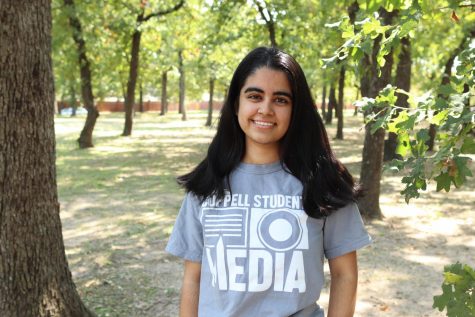
Shivi Sharma is a senior and Executive News Editor for The Sidekick. She is part of the IB Diploma Programme at CHS and also edits for Brown Girl Magazine....
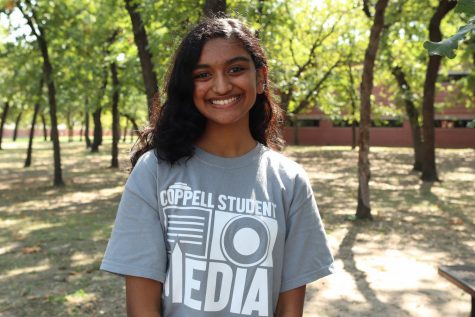
Sally is a senior and the Executive Editor-in-Chief on The Sidekick. While she's done just about everything possible on staff, she loves writing for sports...
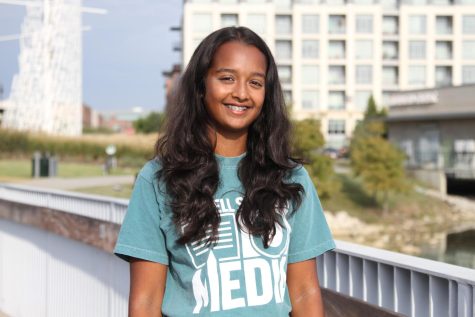
Nandini is a senior and the photo editor for The Sidekick. She is in the Coppell Color Guard, and outside of school she enjoys doing Taekwondo, dance,...




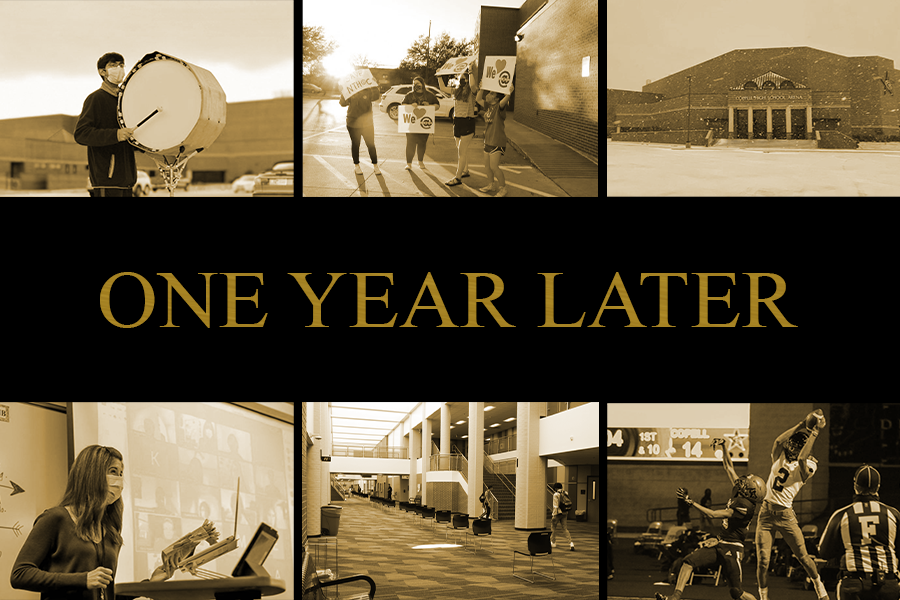

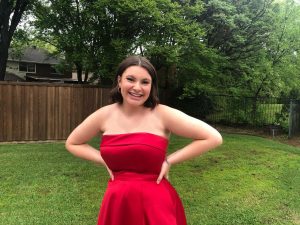

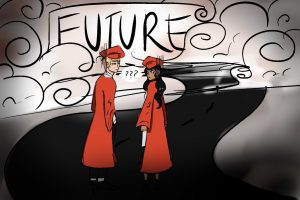
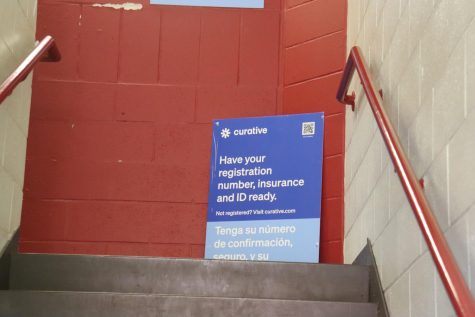
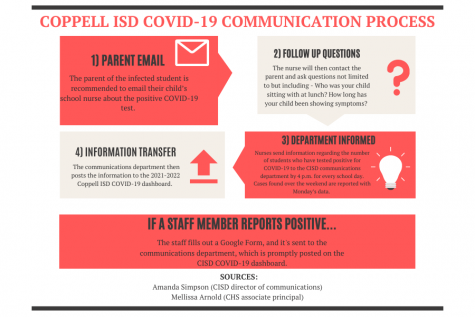
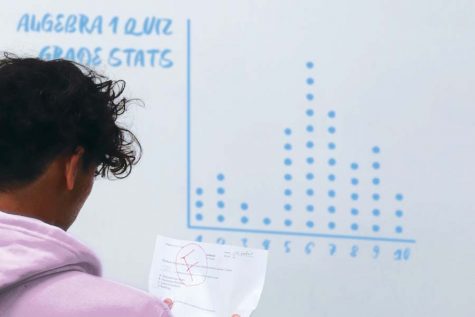
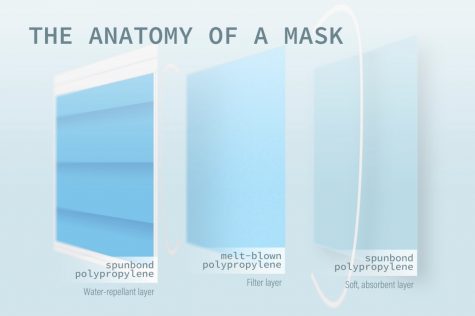
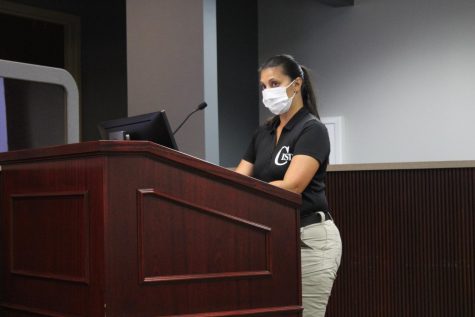
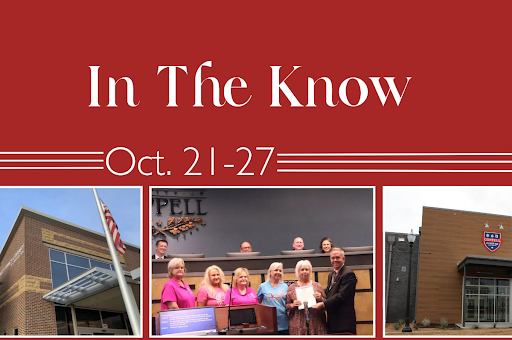
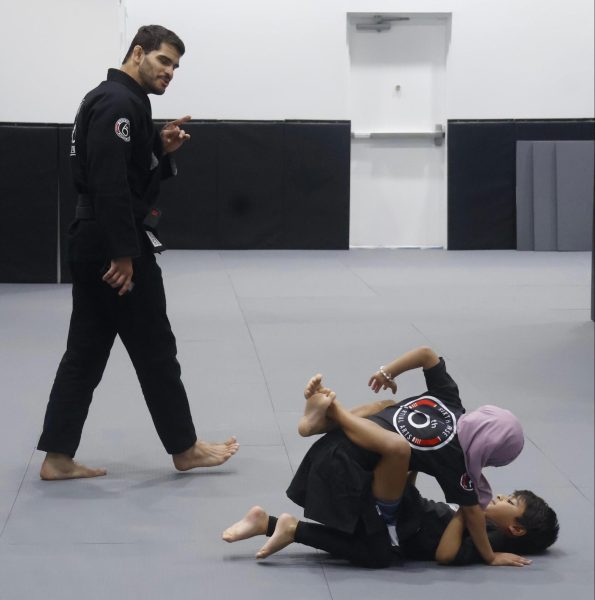
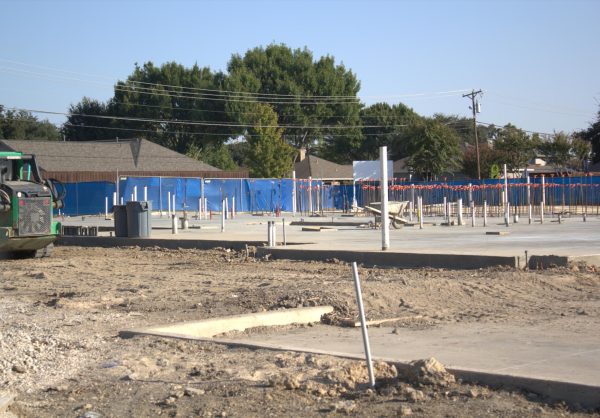
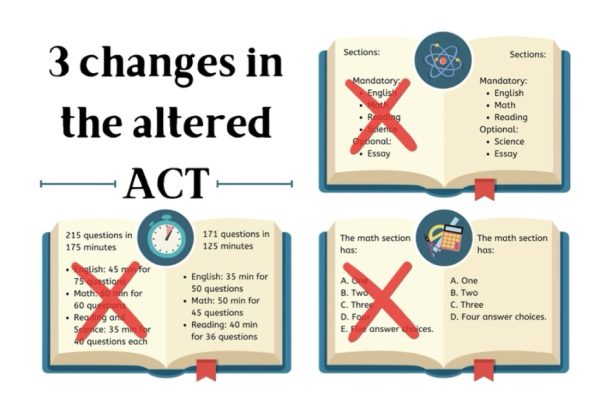

Samantha Freeman • Mar 10, 2021 at 12:59 pm
I can’t believe it’s been a full year! Great coverage (as always) and amazing visual media. I was shocked at the difference in those before and after pictures (the juxtaposition!)